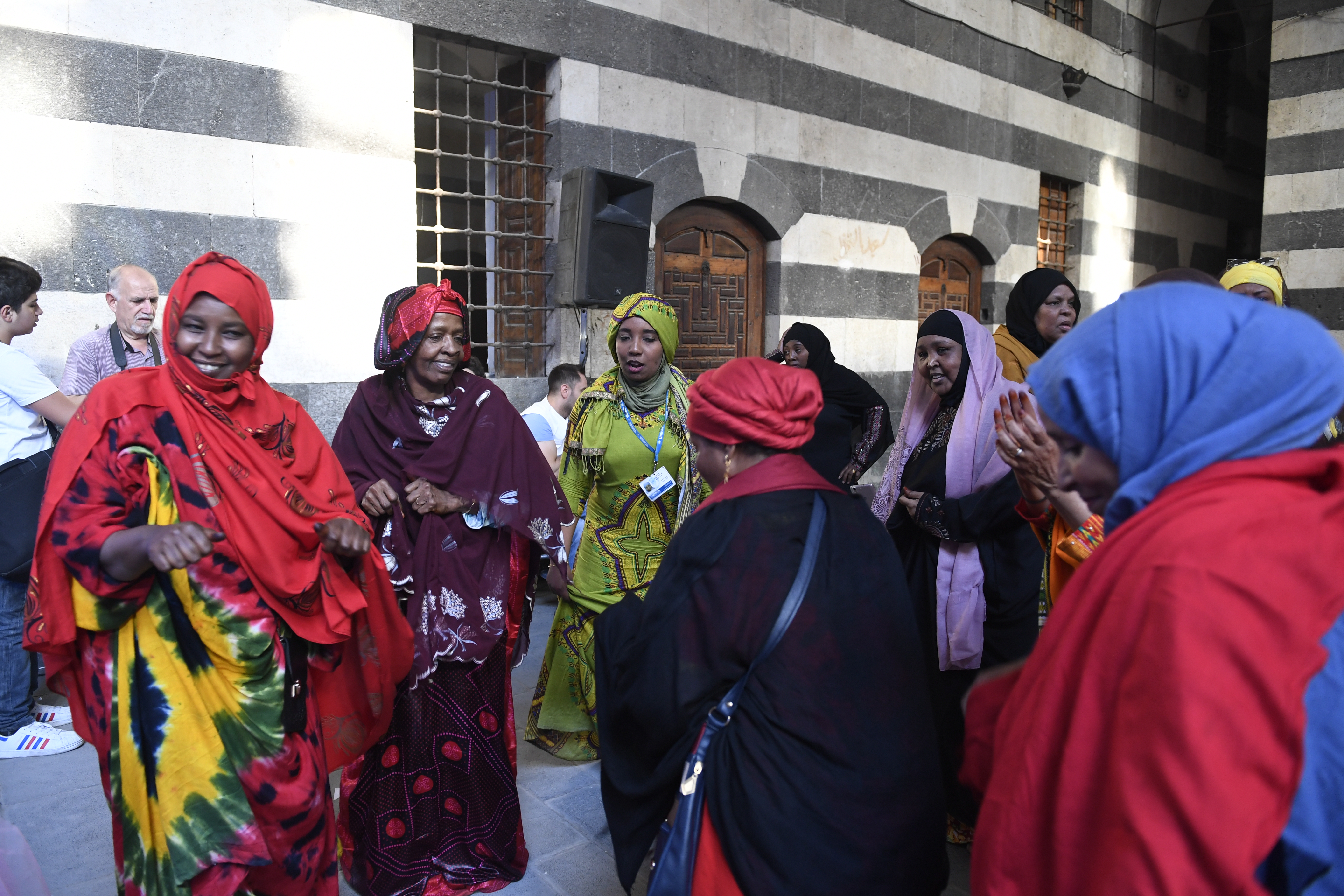The Syrian Arab Republic is not a signatory to the 1951 Convention relating to the Status of Refugees and its 1967 Protocol and has also not enacted national refugee legislation. Nevertheless, Syria has been tolerant in hosting refugees and has continued to cooperate with UNHCR in extending protection and assistance to refugees and asylum seekers on its territory.
The population of refugees and asylum seekers is 45,418. This includes 18,817 refugees mostly residing in Damascus and in Al-Hasakeh Governorates who are predominantly from Iraq (some 18,664 asylum-seekers, mostly residing in urban Qamishli;and 7,879 Iraqi asylum seekers located in three camps (Newroz, Roj and Al-Hol) in Al-Hasakeh governorate). There has been a significant reduction in the camp-based population in 2017 due to nearly 19,000 individuals returning to Iraq under bilateral arrangements of the authorities since November 2017. Although the Syrian Arab Republic maintains a generous approach to refugees (granting them access to territory and free access to education), since the onset of the crisis in 2011, the protection environment for refugees has seriously deteriorated.
The breakdown of family structures and of law and order have led to an increase in SGBV and child protection concerns, such as child labour, school drop-outs and early marriages. Lack of documentation, residency problems, detention and lack of solutions are key challenges for a number of refugees. Refugees can access health care facilities in Syria, but these services are not free of charge. As a consequence of the present situation in Syria and the unconducive conditions for return in most refugees’ countries of origin, there are few prospects for durable solutions aside from the over-stretched resettlement programme.

